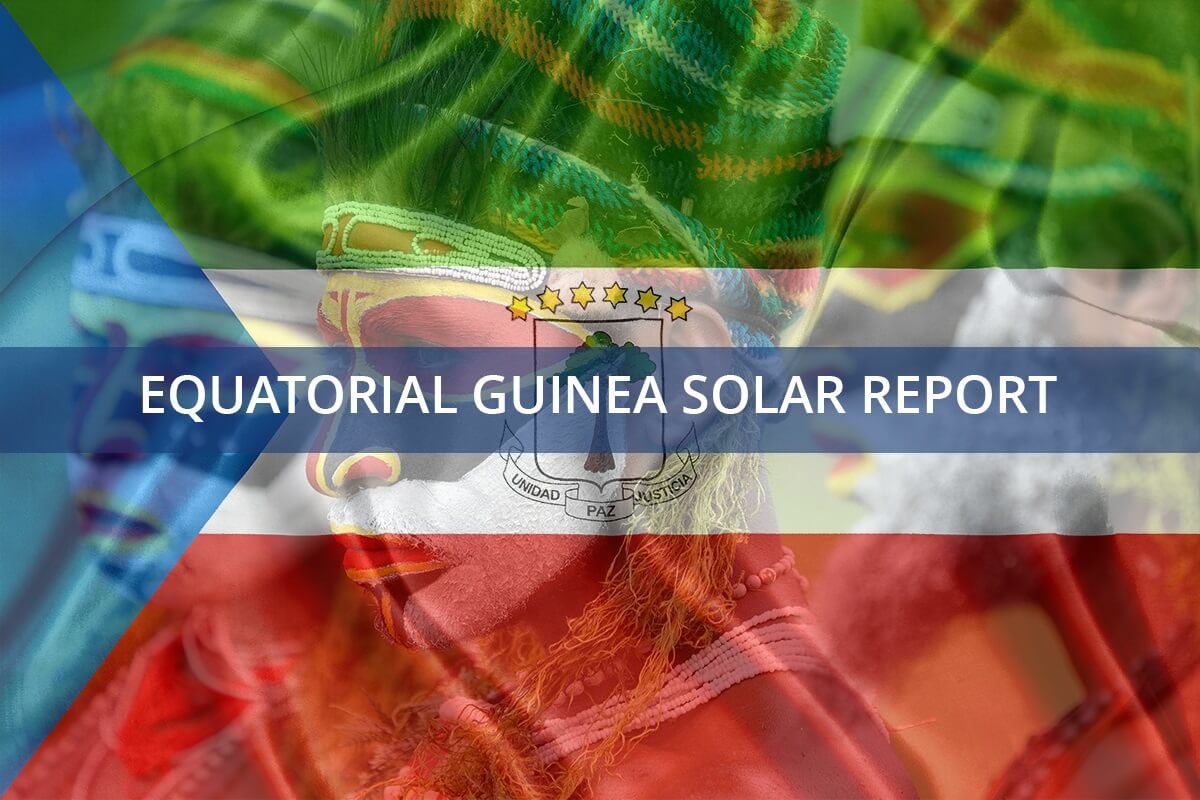Guinea solar plant to address national power shortages
The government of Guinea-Conakry has taken a significant step in boosting the country’s energy infrastructure by approving the construction of a large solar plant. This project, poised to enhance Guinea’s renewable energy capacity, will be developed in Tanéné, Boffa Prefecture, located in the Boké region. The solar plant is expected to have a capacity of 40 megawatts (MW), offering a substantial contribution to the nation’s energy grid.
According to PV Magazine, this project is crucial in addressing Guinea’s power shortages. The country has been plagued with frequent electricity outages, stalling economic growth and development. By adding 40 MW of clean energy to the national grid, the new solar plant will meet the growing demand for power and reduce reliance on fossil fuels. Tanéné’s location in the Boffa Prefecture is strategic, offering high solar potential and proximity to existing infrastructure, making it an ideal site for the project. With abundant sunlight year-round, the Boké region provides a reliable energy source for the solar plant.
Guinea solar plant project estimated at $58.3 million
The solar project is estimated to cost approximately $58.3 million. This investment will cover the construction of the solar plant and the installation of the necessary equipment to connect it to the national grid. The construction phase is expected to generate jobs and stimulate economic activity in the region, providing employment opportunities for local workers not only during construction but also for ongoing operations and maintenance tasks.
Guinea solar plant expected to drive economic growth
This solar plant is part of Guinea’s broader strategy to diversify its energy mix and reduce dependence on fossil fuels. By investing in renewable energy, Guinea aims to develop a more sustainable and resilient energy system that supports its socio-economic development goals. The government has been actively seeking foreign investment in the energy sector, and the solar plant’s approval is a positive indicator of progress. The project is expected to significantly cut greenhouse gas emissions by replacing fossil fuel-based power with clean, renewable energy, potentially reducing carbon dioxide emissions by several thousand tons annually. This effort aligns with Guinea’s commitment to combating climate change.
Guinea solar plant supports national renewable energy goals
The development of the solar plant is part of Guinea’s ambitious strategy to increase its renewable energy capacity, complementing its commitments under the Paris Agreement on climate change. The approval of the 40 MW solar plant represents a significant advancement in Guinea’s renewable energy journey. The government is dedicated to supporting renewable energy projects throughout the country, as evidenced by this initiative in Tanéné, Boffa Prefecture. This project marks a key milestone in the country’s energy transition and efforts to build a more sustainable and resilient energy system.
For further details on Guinea’s renewable initiatives, visit Energy Capital & Power and Guinea – Renewable Resources – International Trade Administration.

